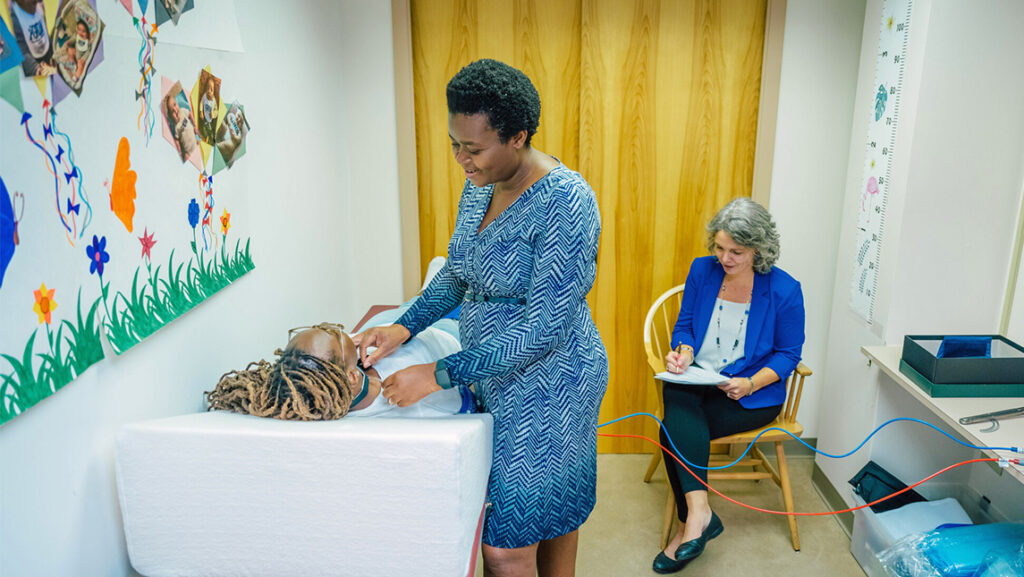 Dr. Jeremy Bray (Economics) received new funding from the National Institute on Alcohol Abuse and Alcoholism for the project “Alcohol consumption and related comorbid conditions: health state utilities for economic evaluation.”
Dr. Jeremy Bray (Economics) received new funding from the National Institute on Alcohol Abuse and Alcoholism for the project “Alcohol consumption and related comorbid conditions: health state utilities for economic evaluation.”
Effective prevention and treatment of alcohol use disorder (AUD) in the US could save more than 80,000 lives each year. Although abstinence has traditionally been the goal of AUD interventions, reductions in drinking levels have been shown to decrease the harms of AUD, providing an additional “goal post” for prevention and treatment. At the same time, patient-centered care and patient-reported outcomes are having a greater impact on health care decision-making than ever before. Thus, there is an urgent need for rigorous alcohol health services research to inform practice and policy. Moreover, it is critical that this research parallel medically-focused health services research to solidify a “level playing field” in comparative assessments for resource allocation decisions.
Increasingly these resource allocation decisions are informed by cost-effectiveness analyses that use health utility as an outcome. Health utility captures individual preferences for living in a given health state and is the foundation of quality adjusted life years (QALYs), the preferred outcome measure for cost-effectiveness analysis. Health utilities and QALYs are rarely used by alcohol health services researchers, however. The lack of health utilities for alcohol health states is a critical shortcoming in alcohol health services research that disadvantages alcohol services in resource allocation decisions.
To promote the use of health utilities in alcohol health services research, the researchers will conduct secondary data analyses of the National Epidemiologic Survey on Alcohol and Related Conditions-III (NESARC-III).
The researchers will involve graduate and undergraduate students in all aspects of the study as integral members of the research team, providing intensive exposure to and training in research. They will disseminate the results to the clinical, practice, policy, and research communities to advance the use of health utility in alcohol health services research. Their findings will result in broader use of health utilities and QALYs for policy and clinical decision making in alcohol health services, and thereby lead to improved patient and population health.


